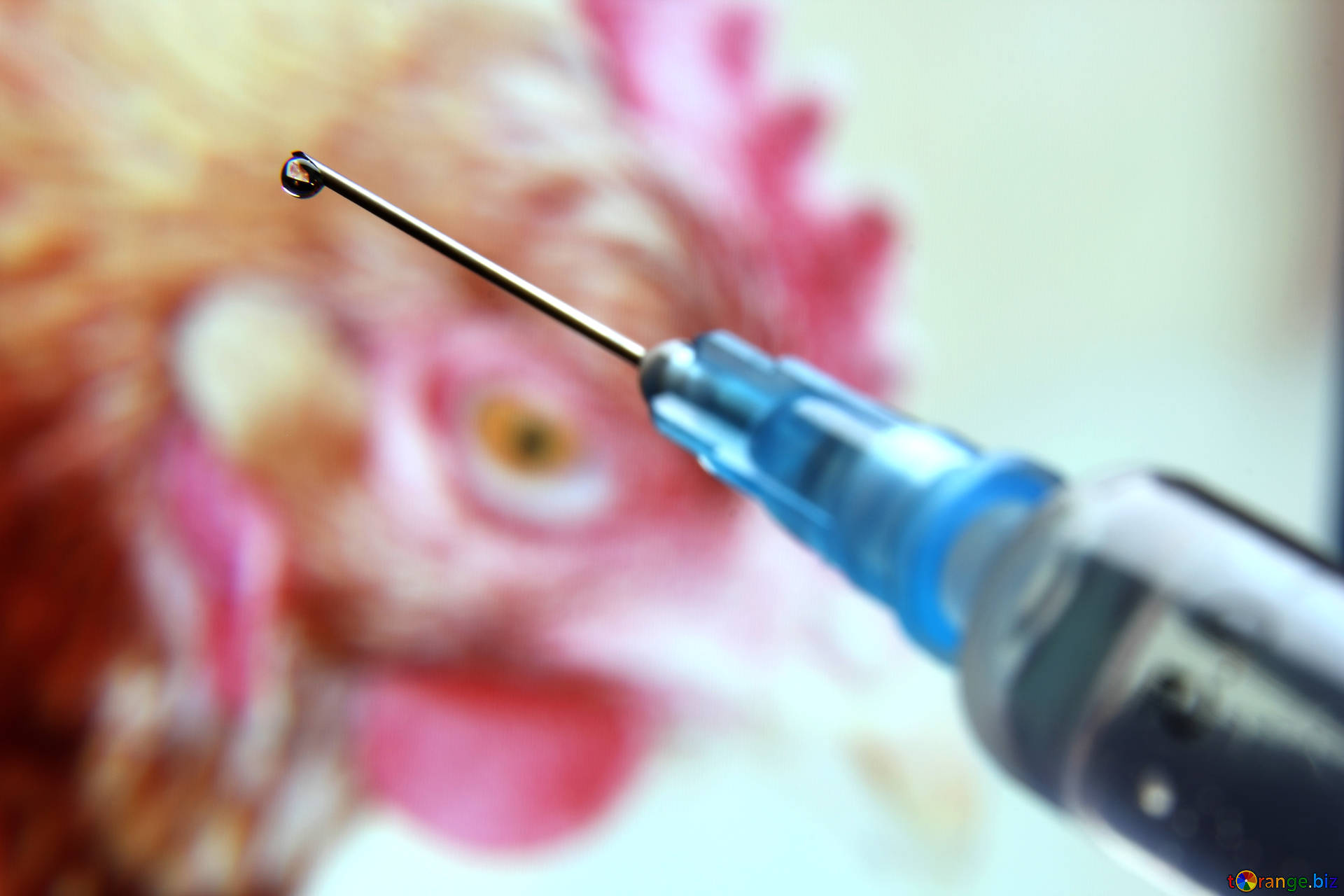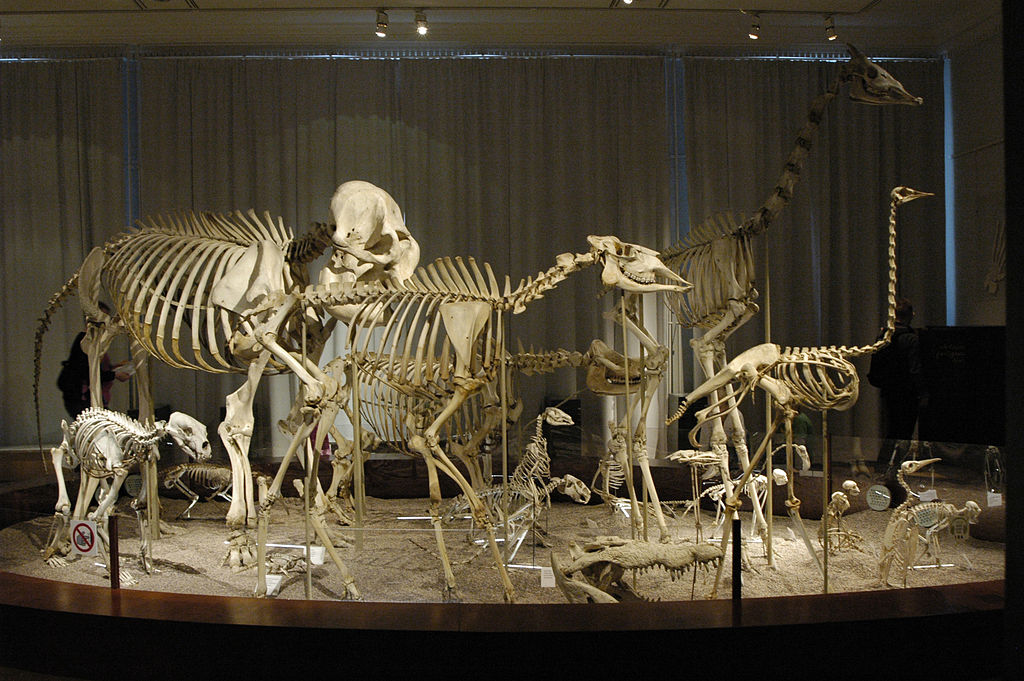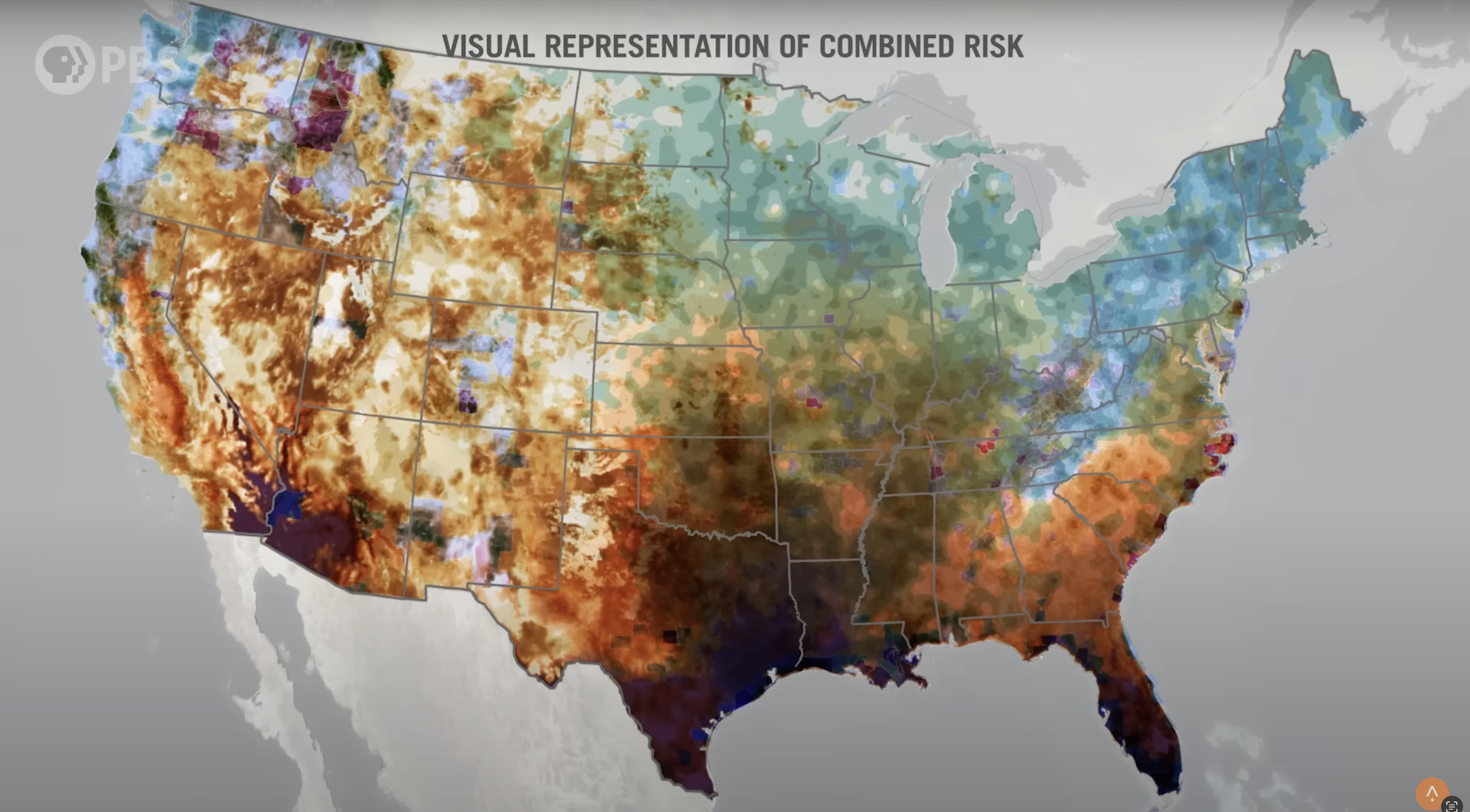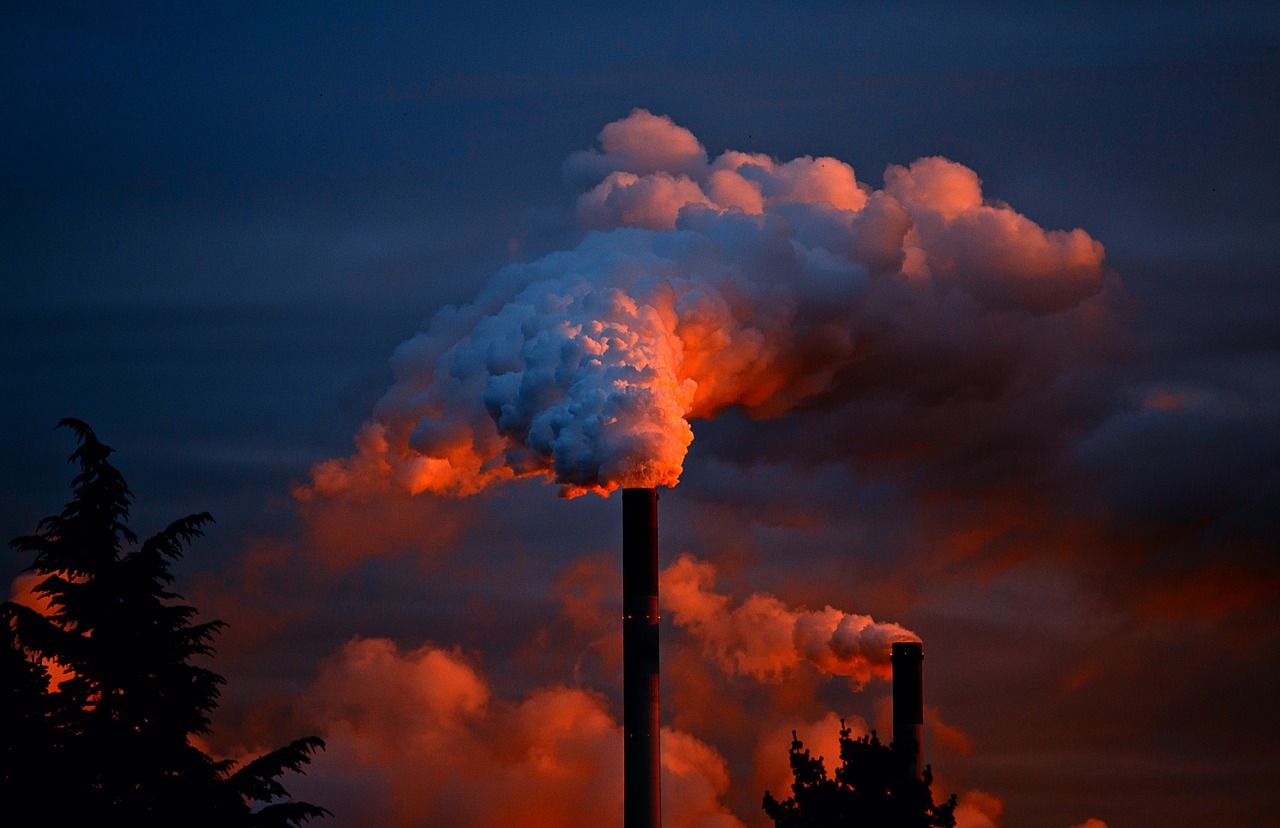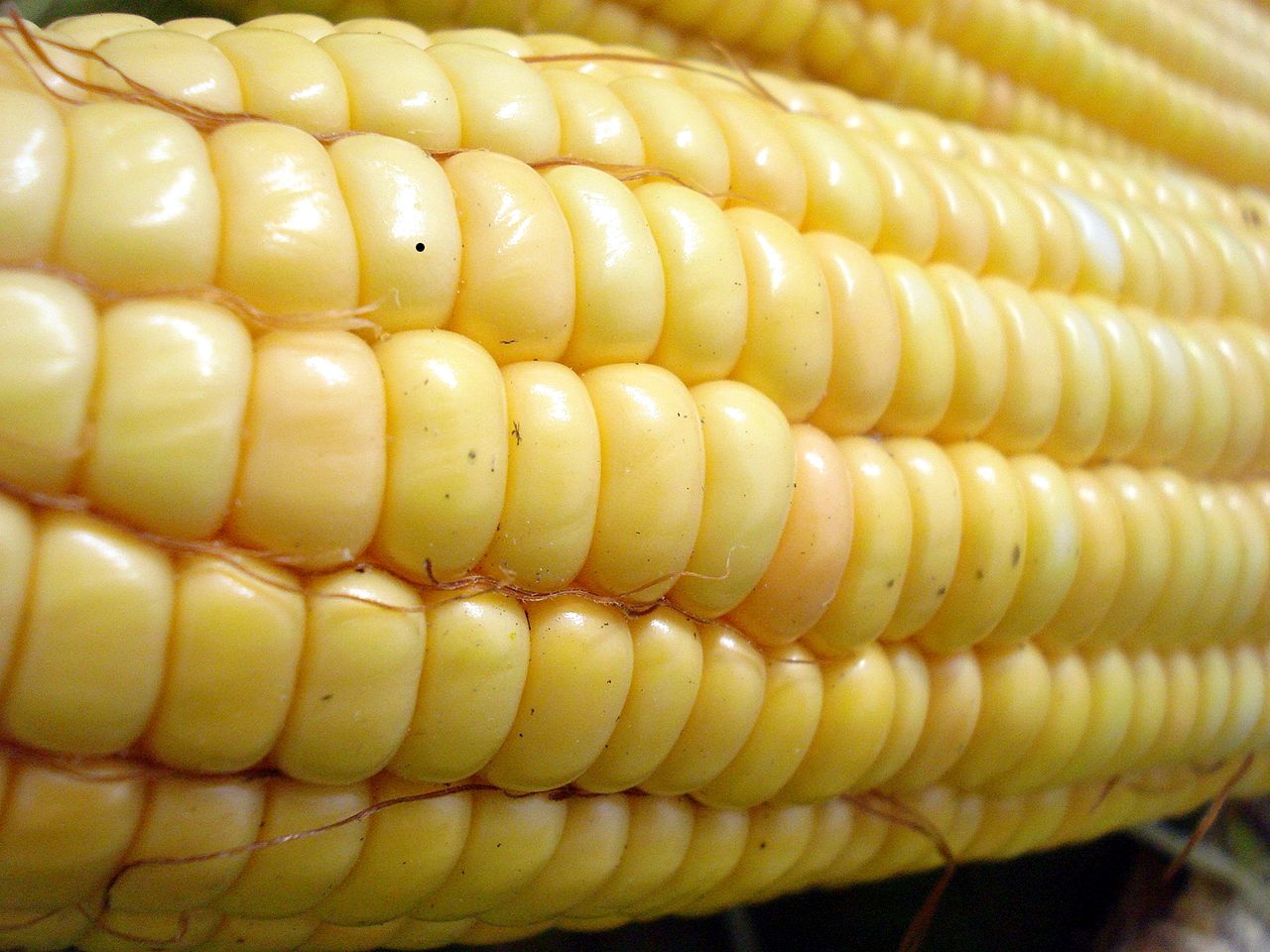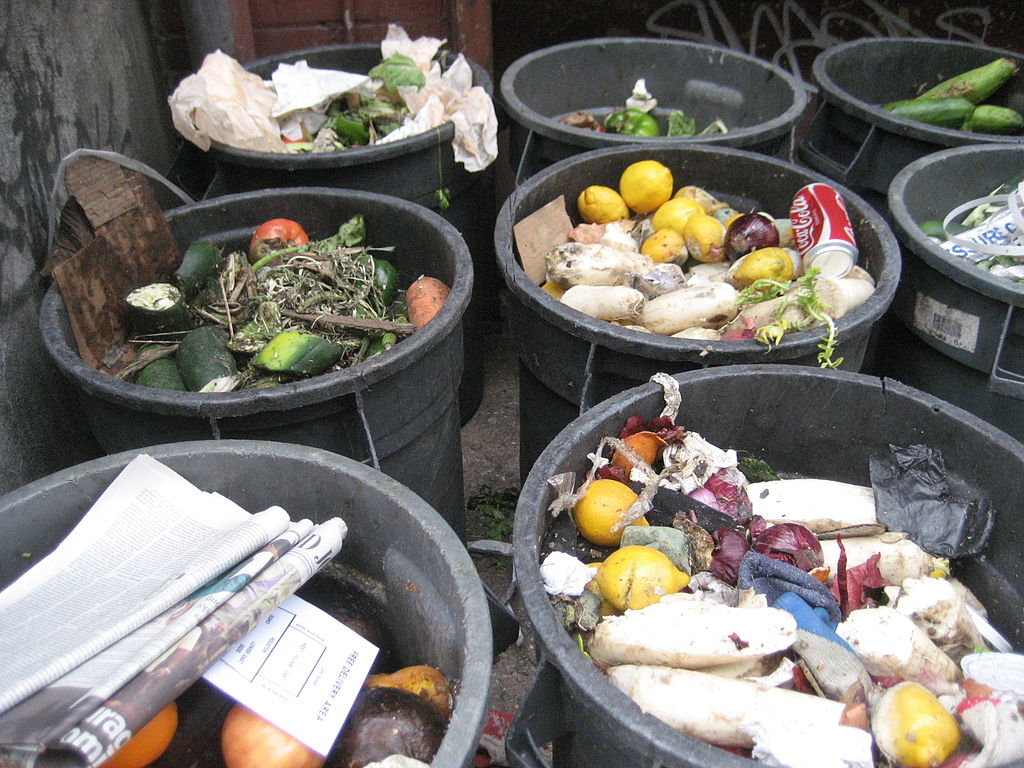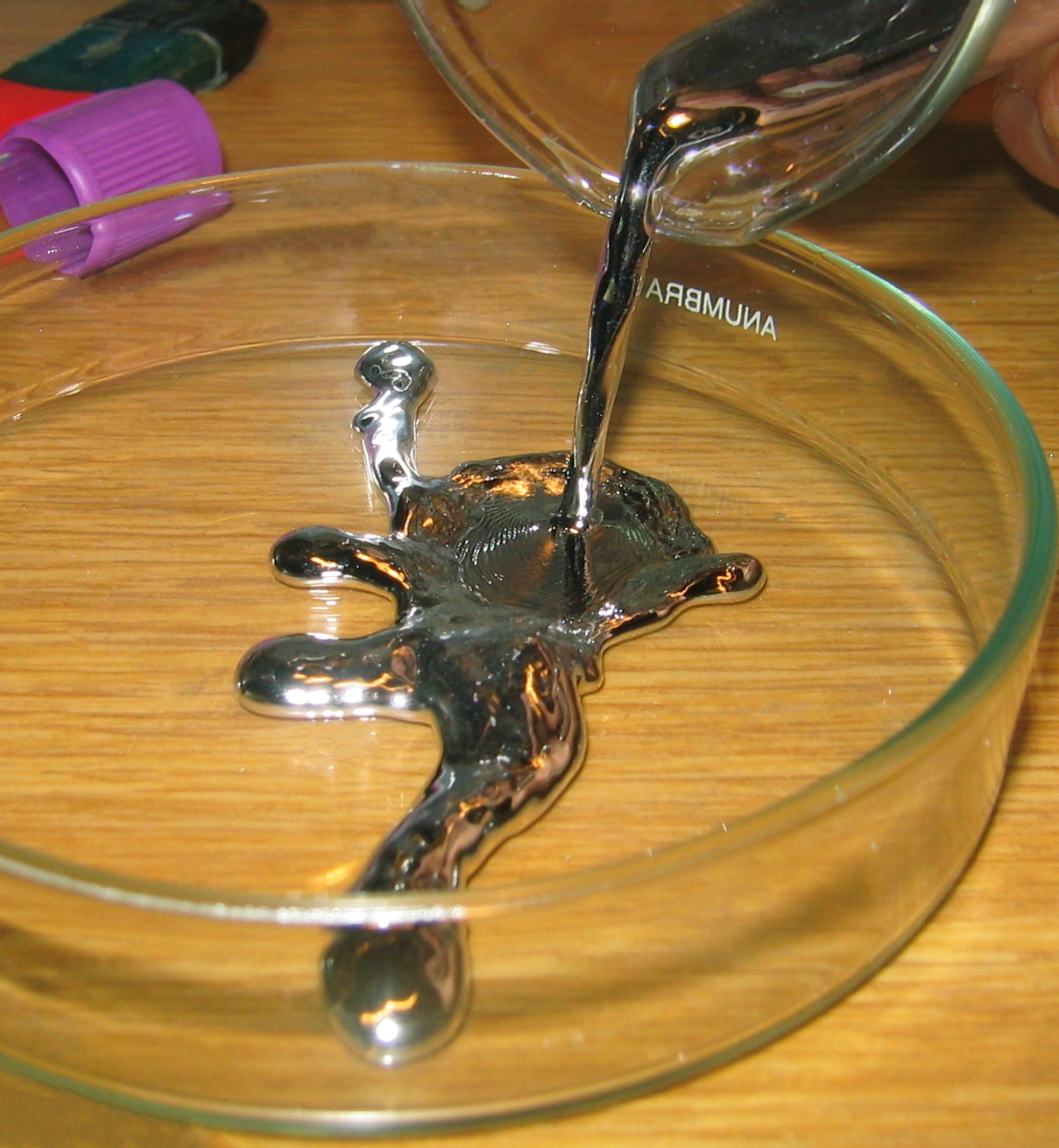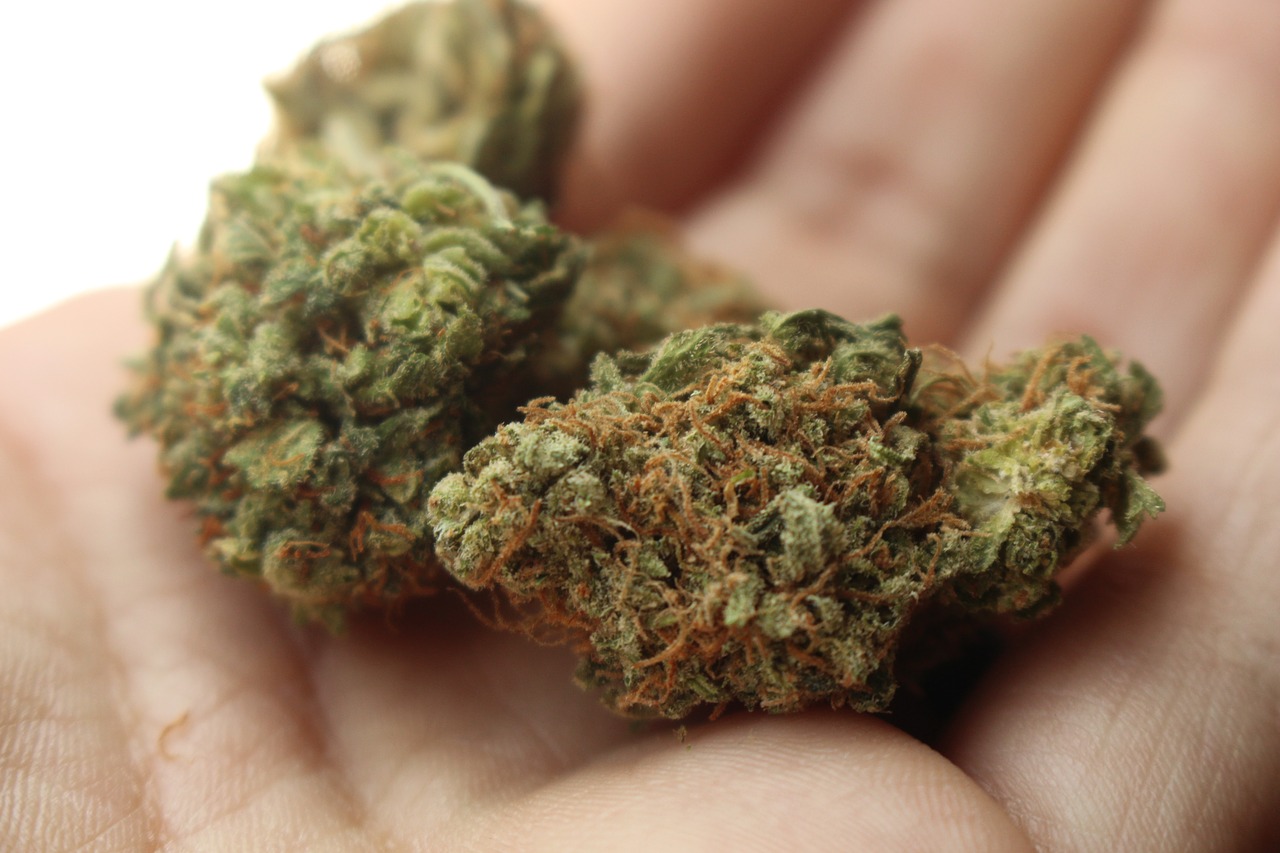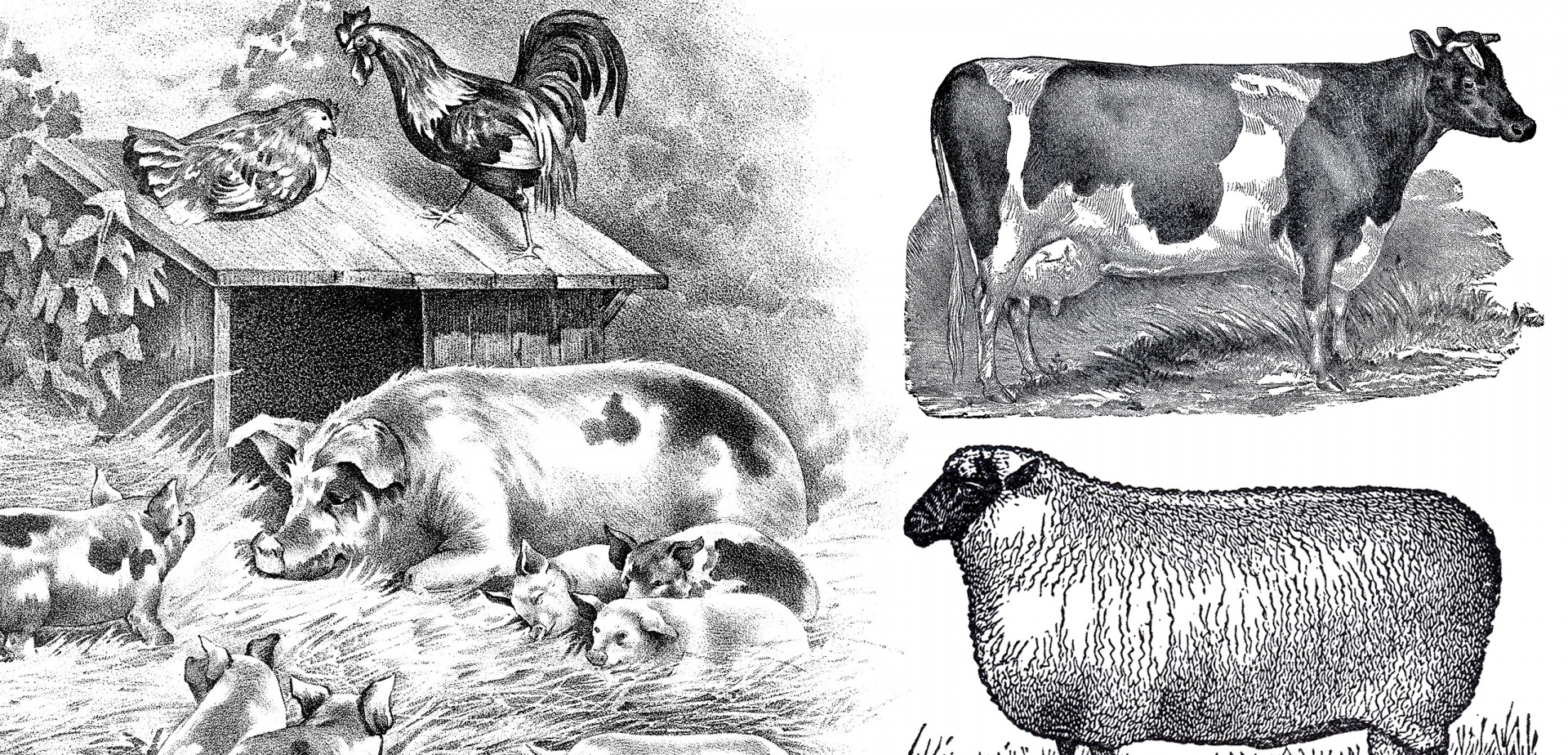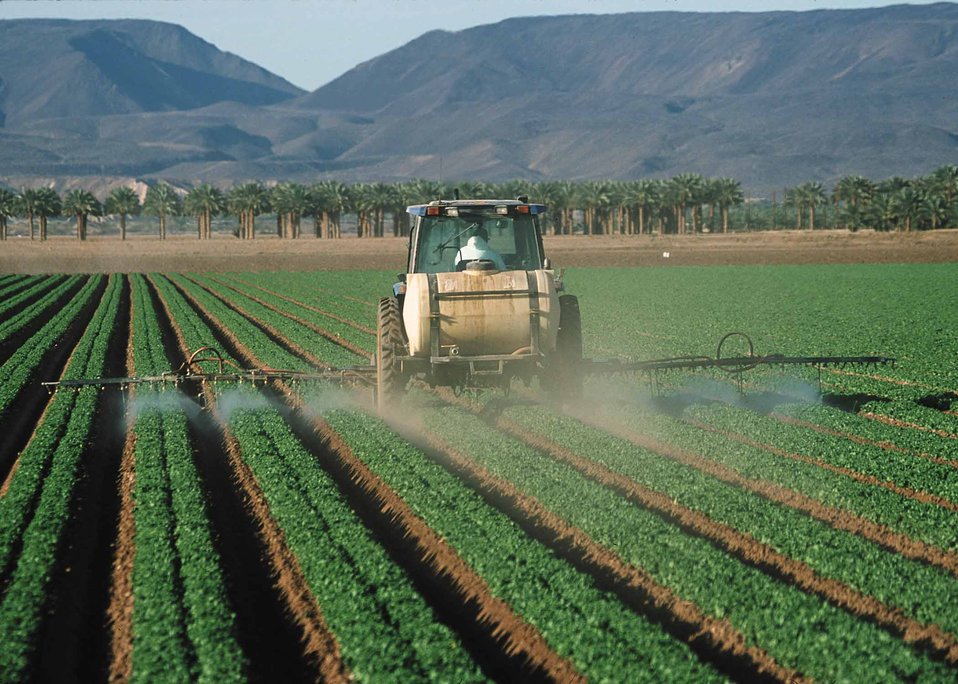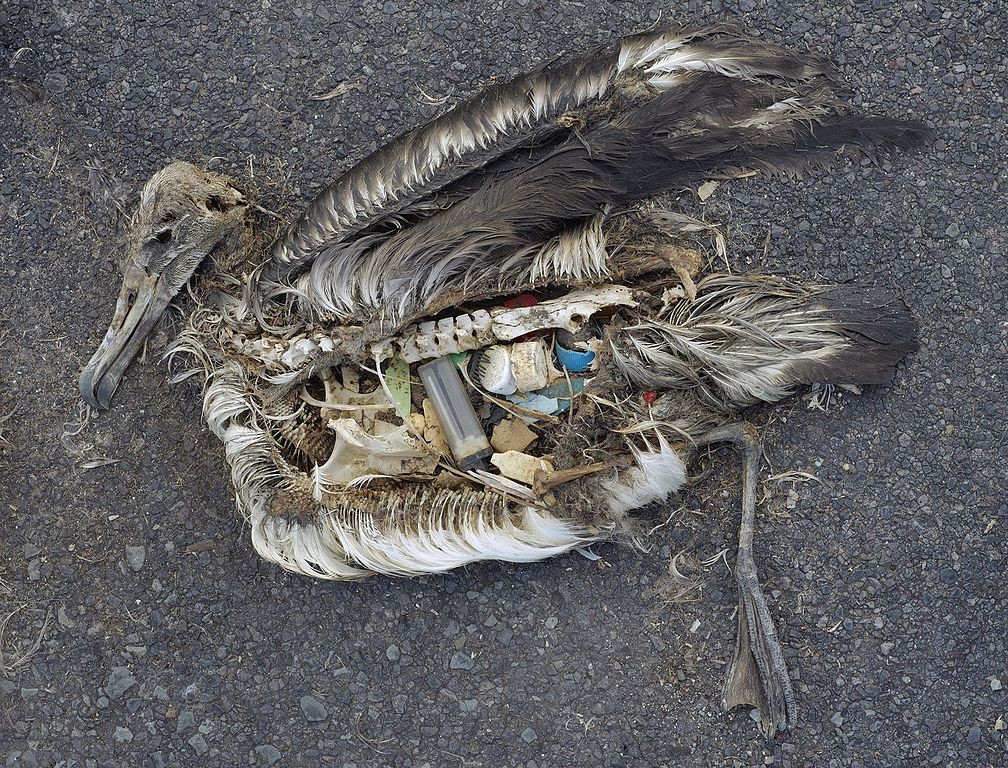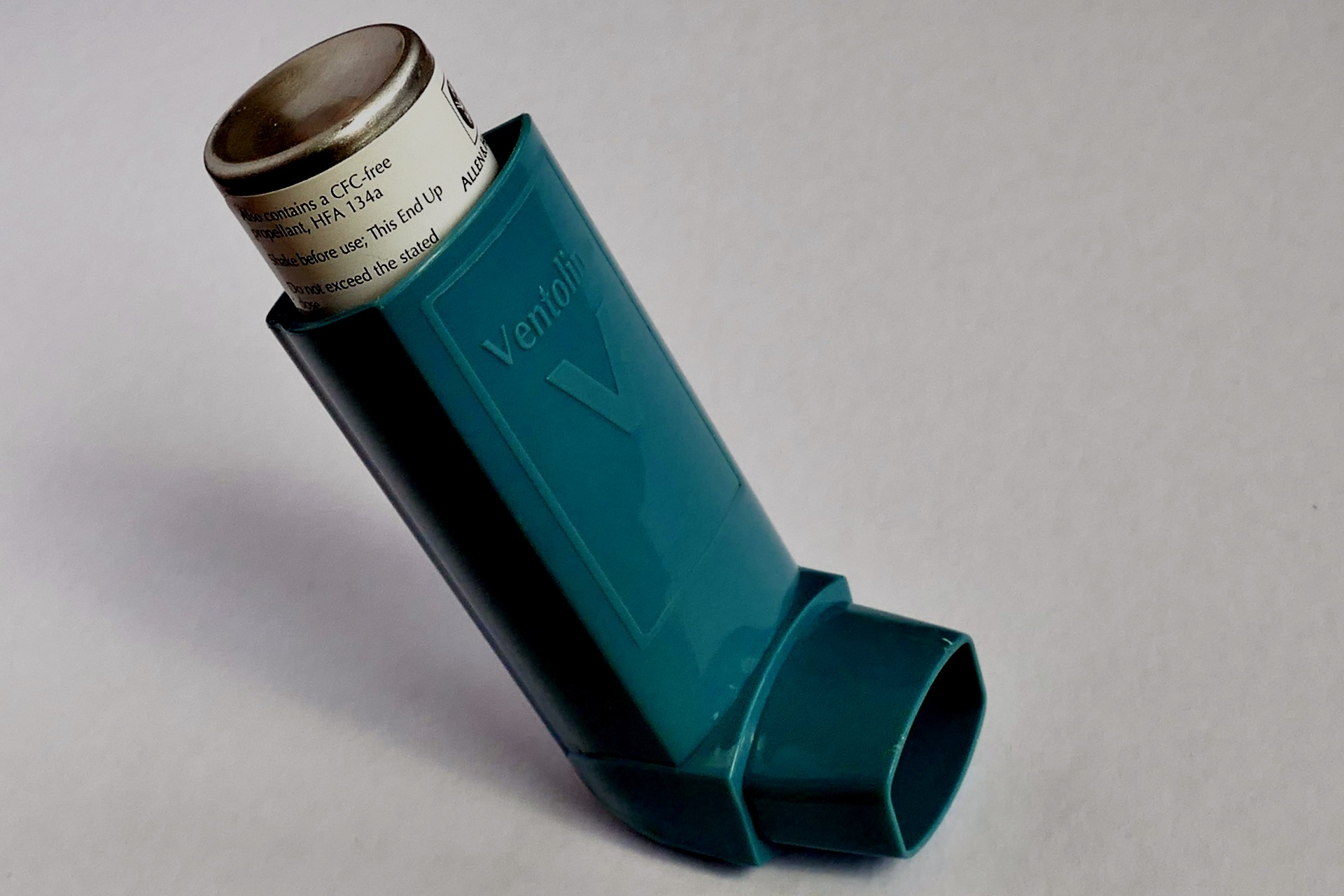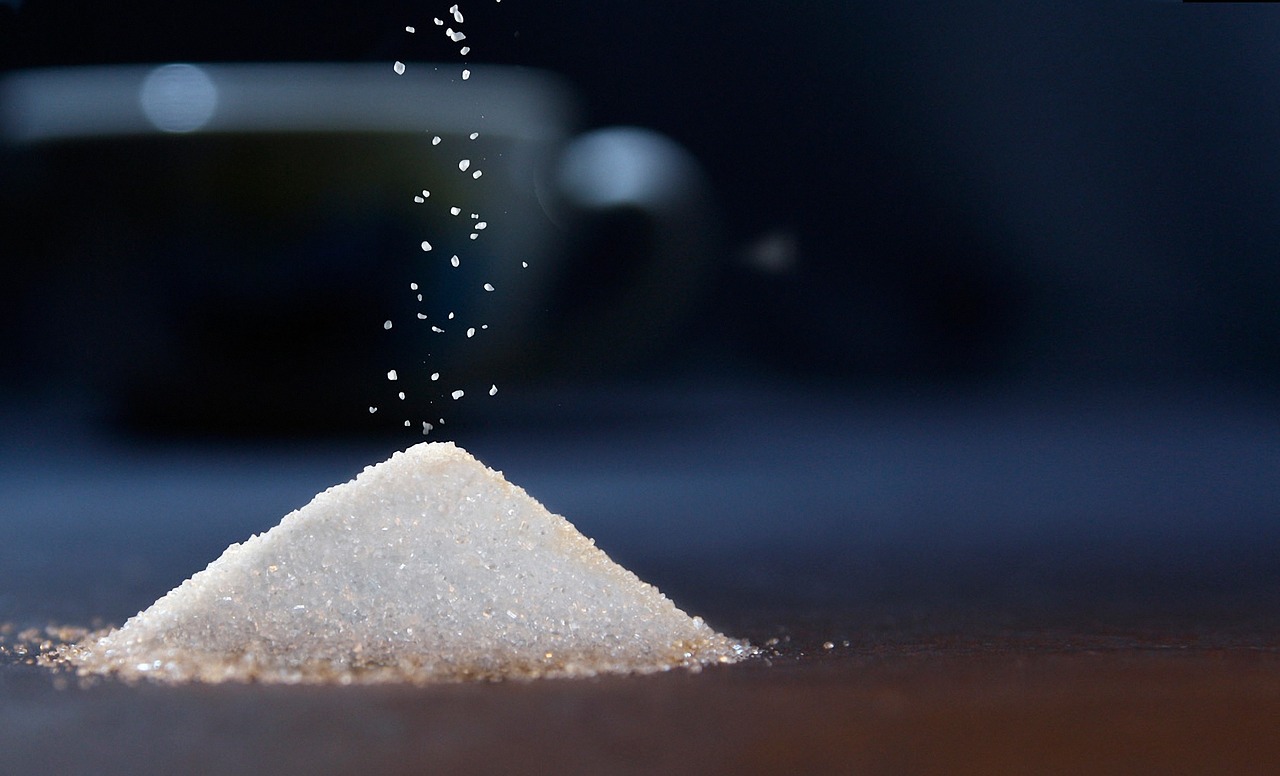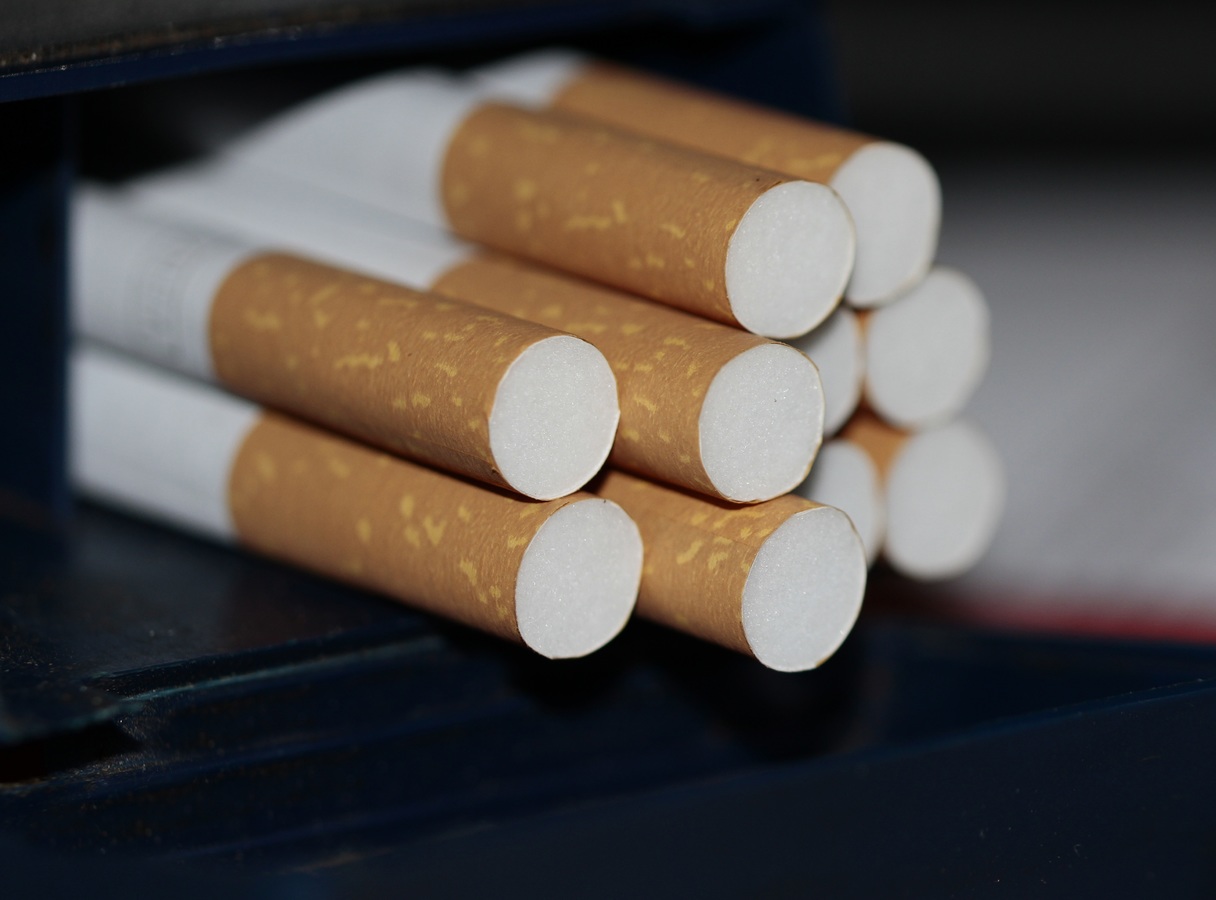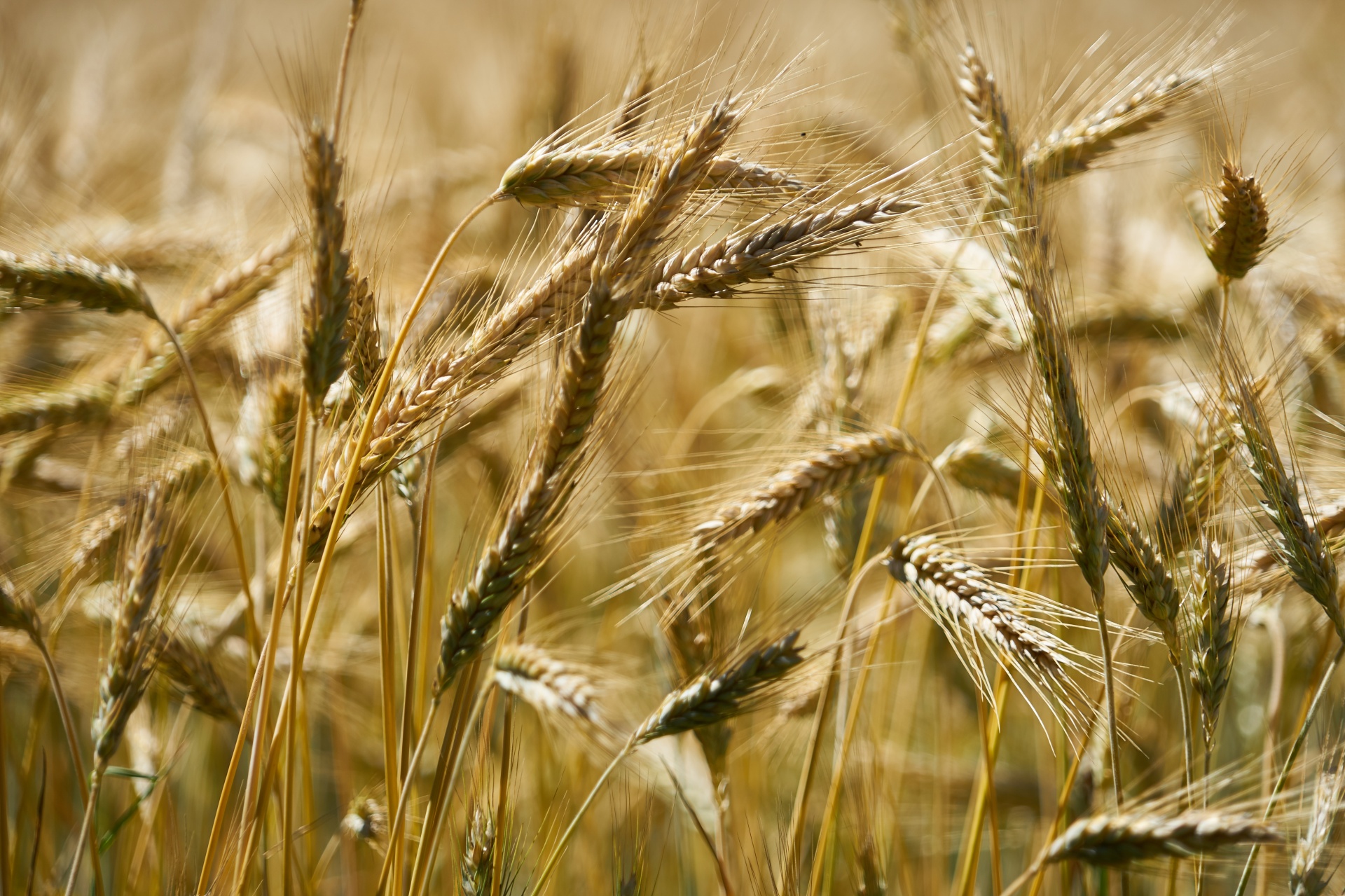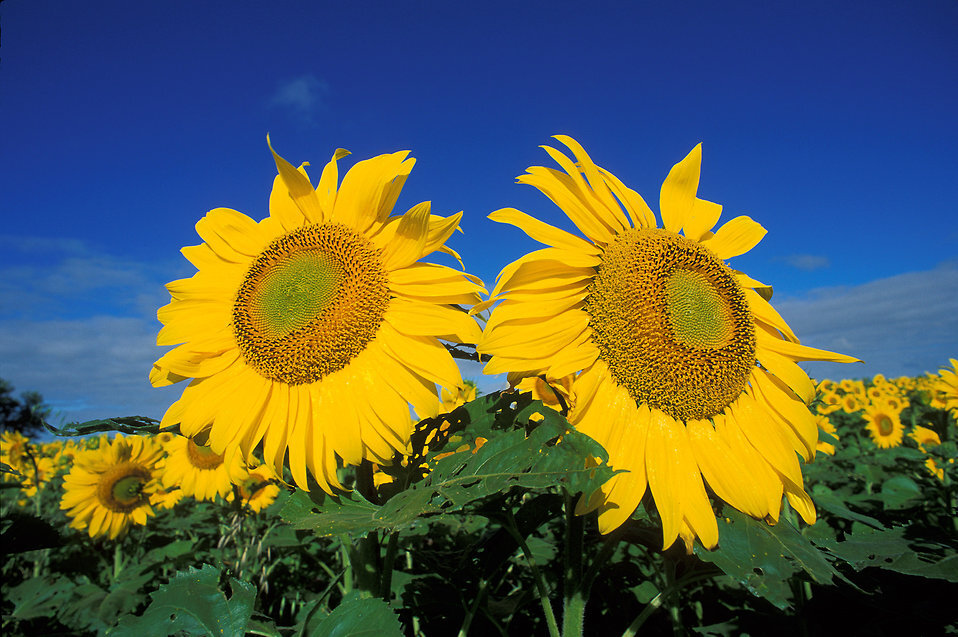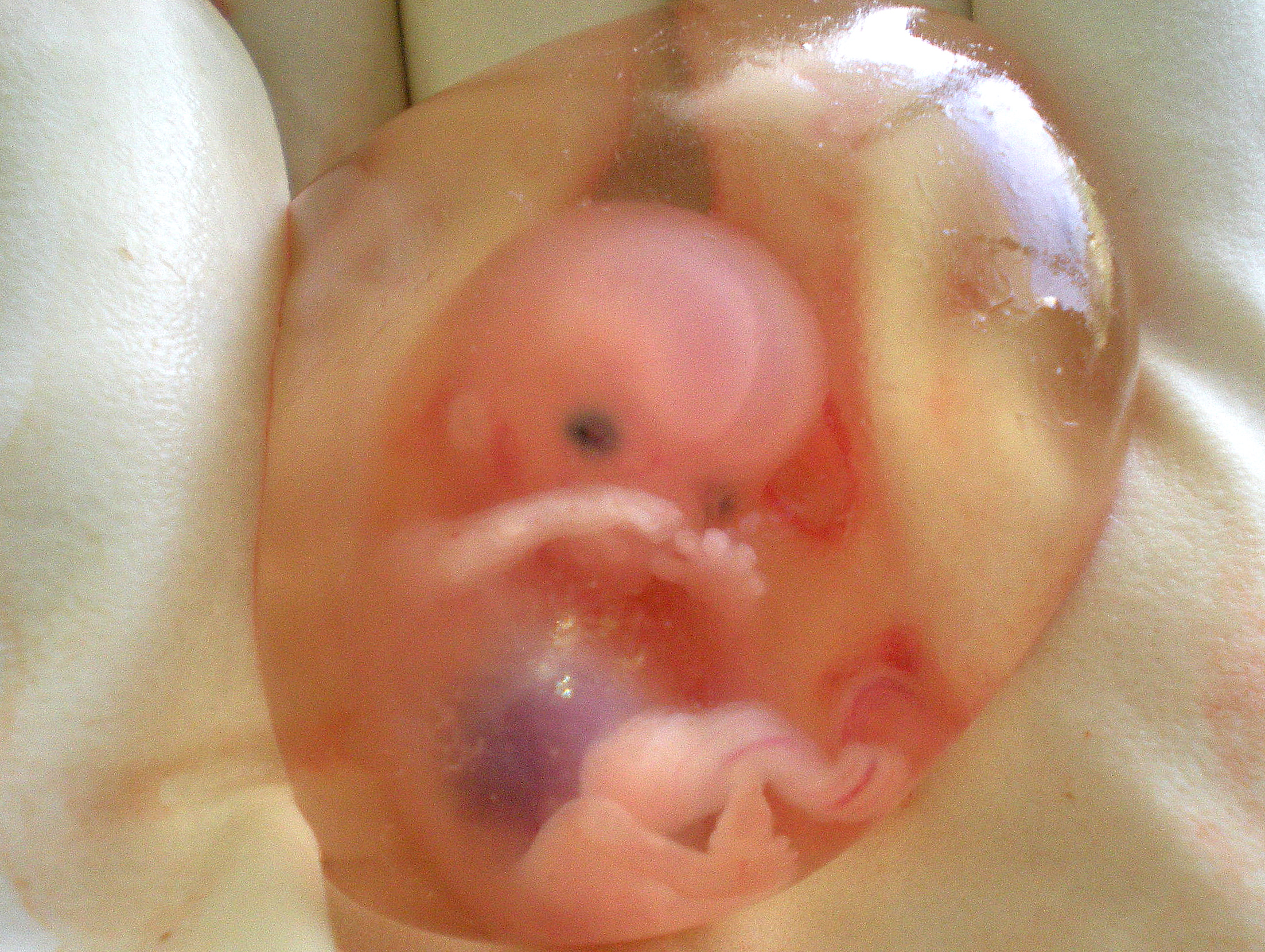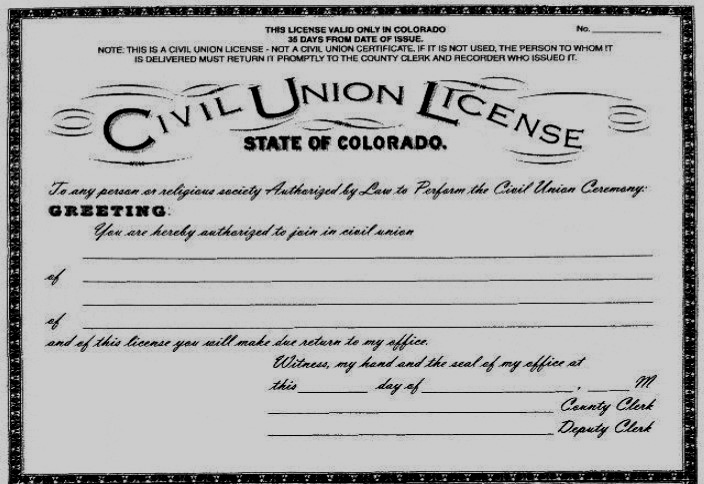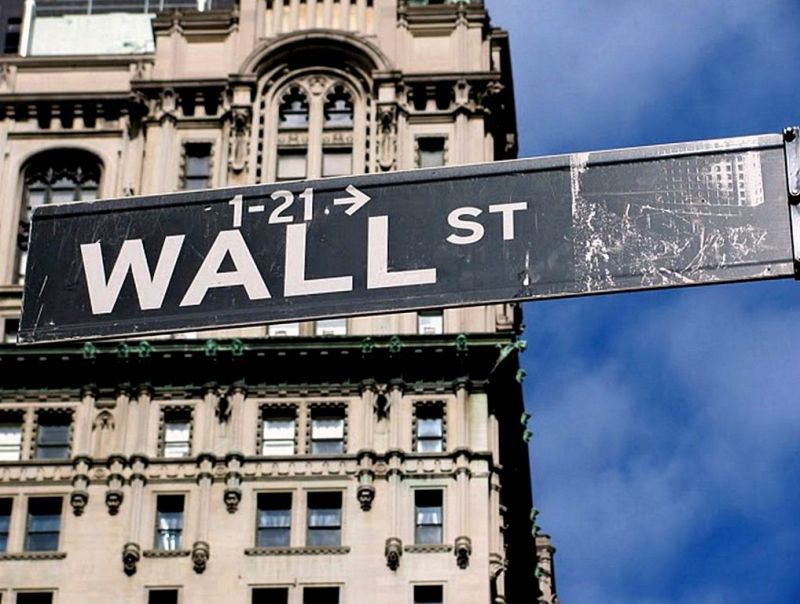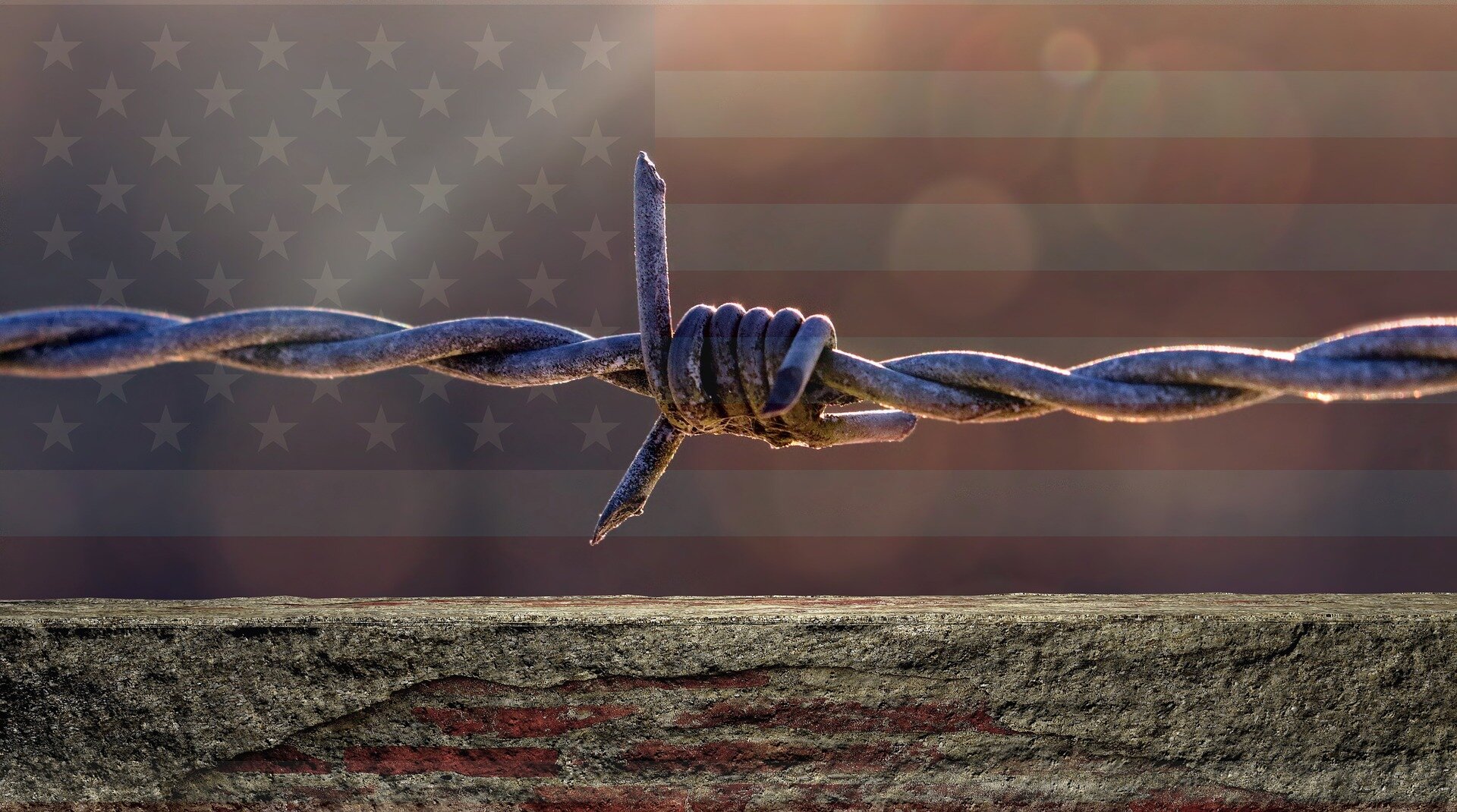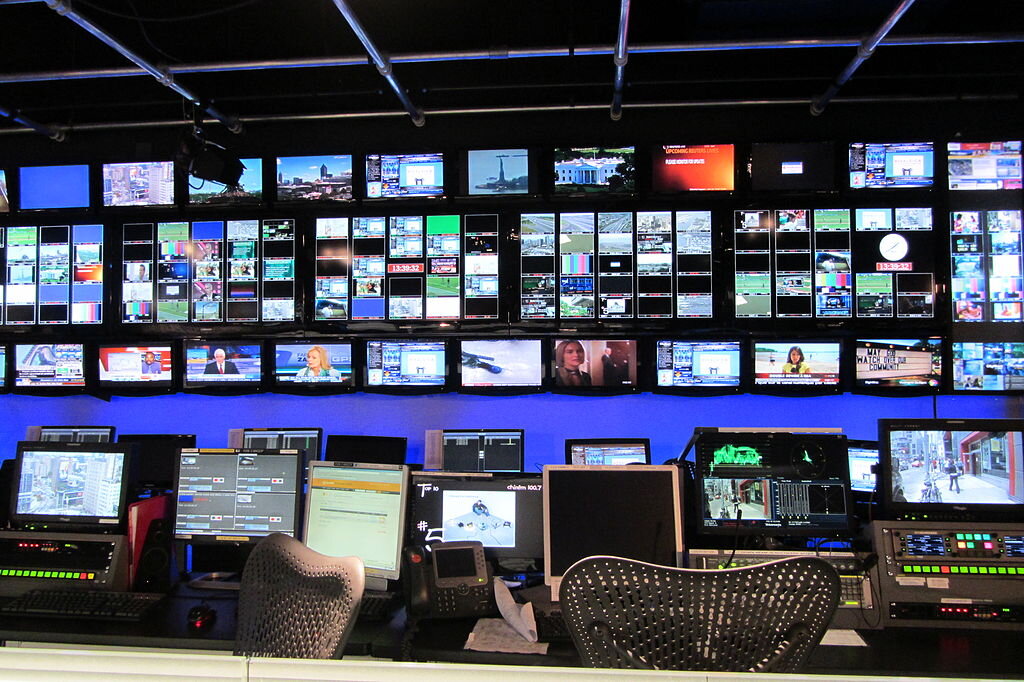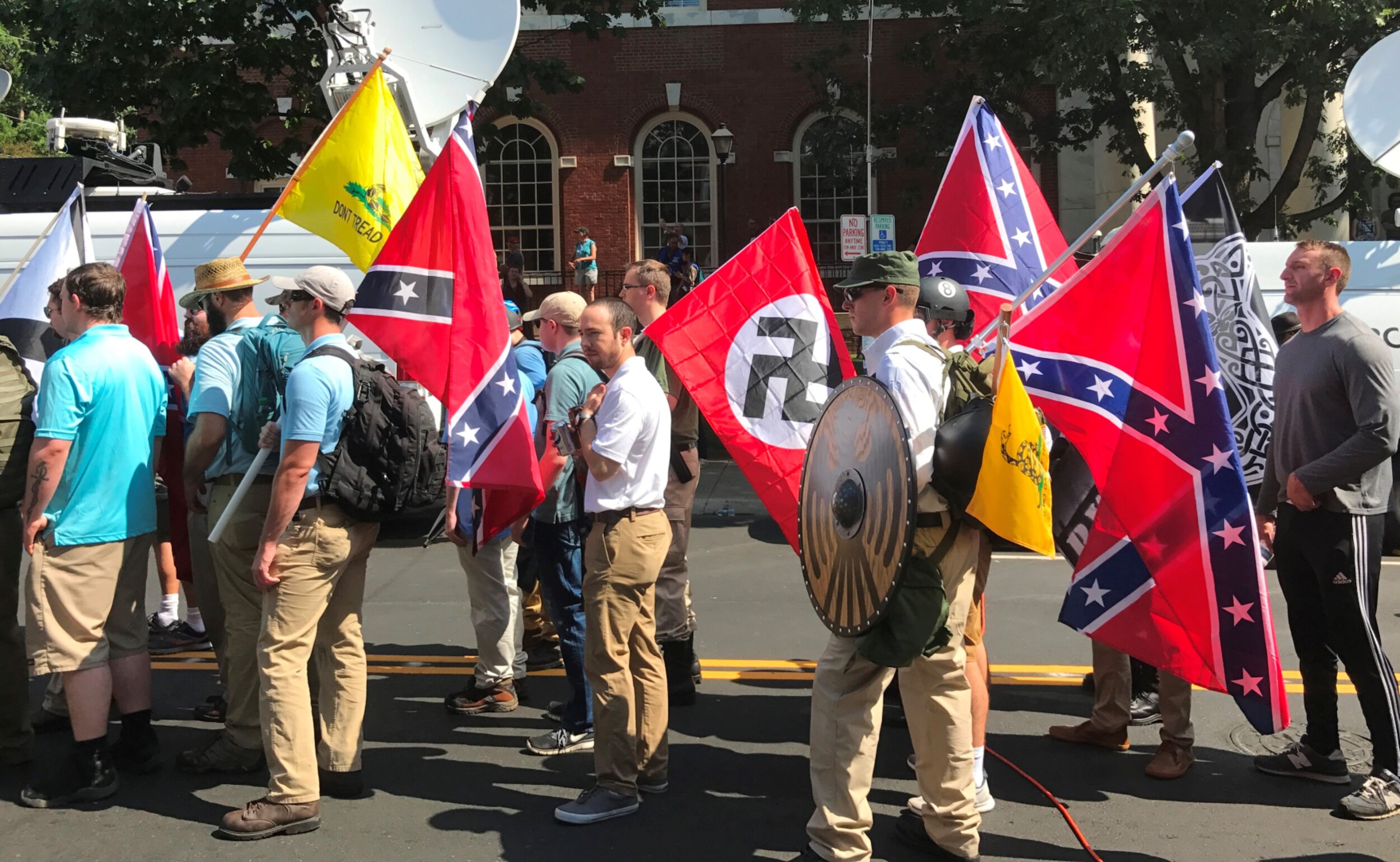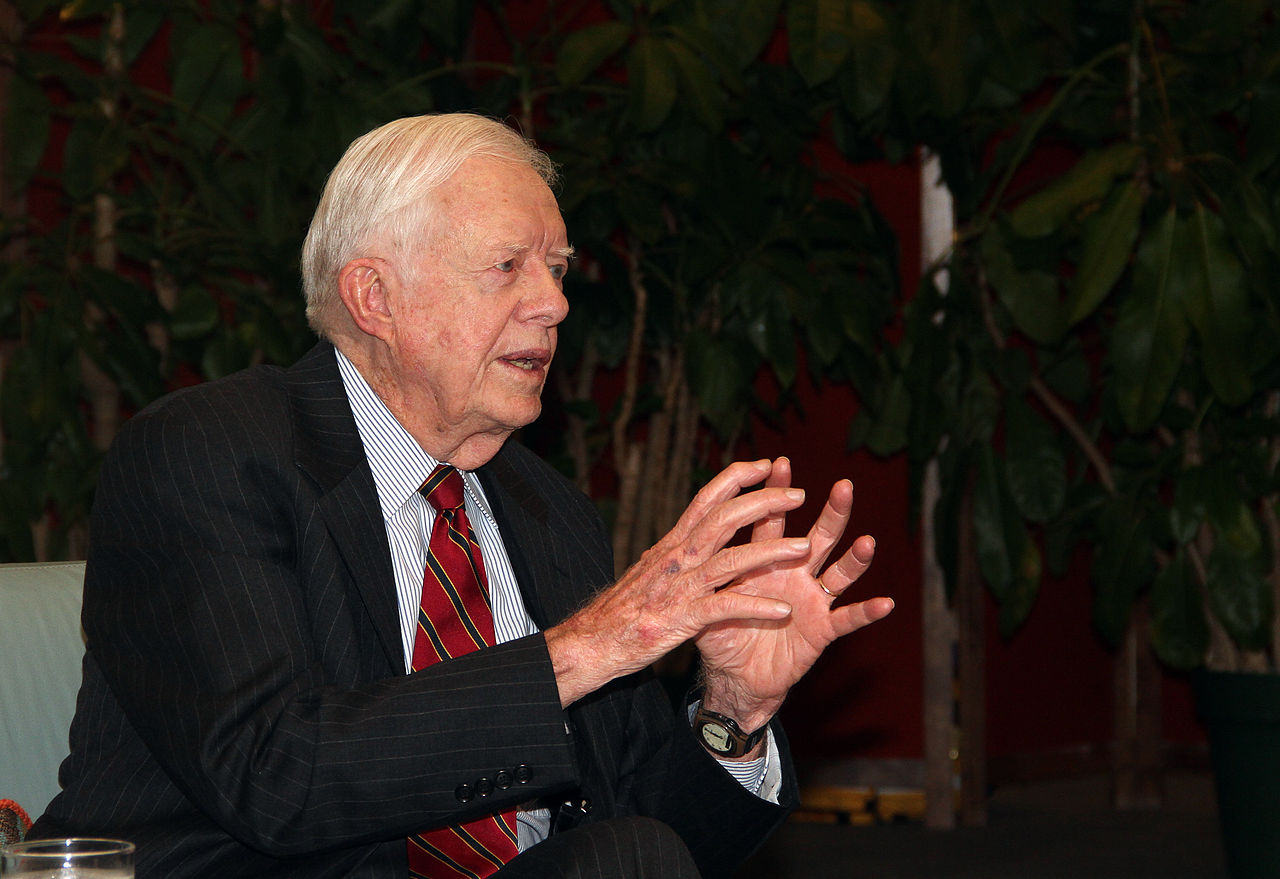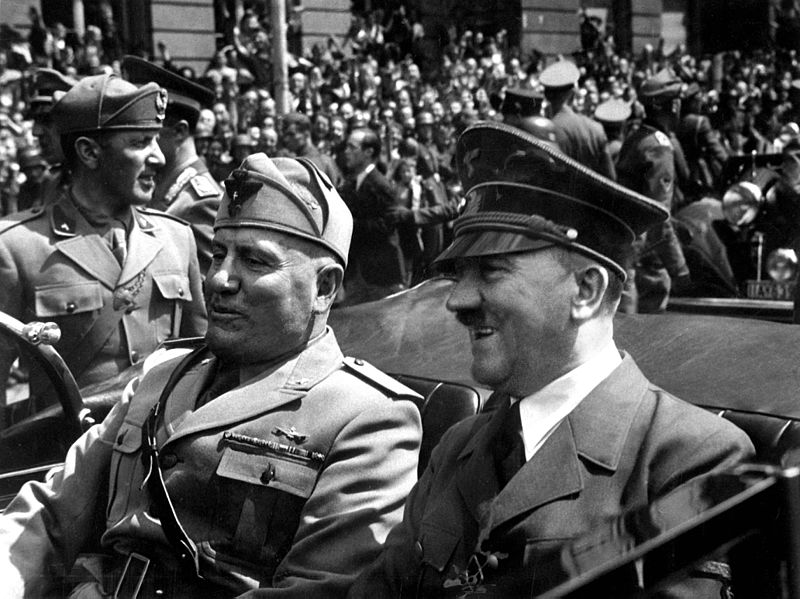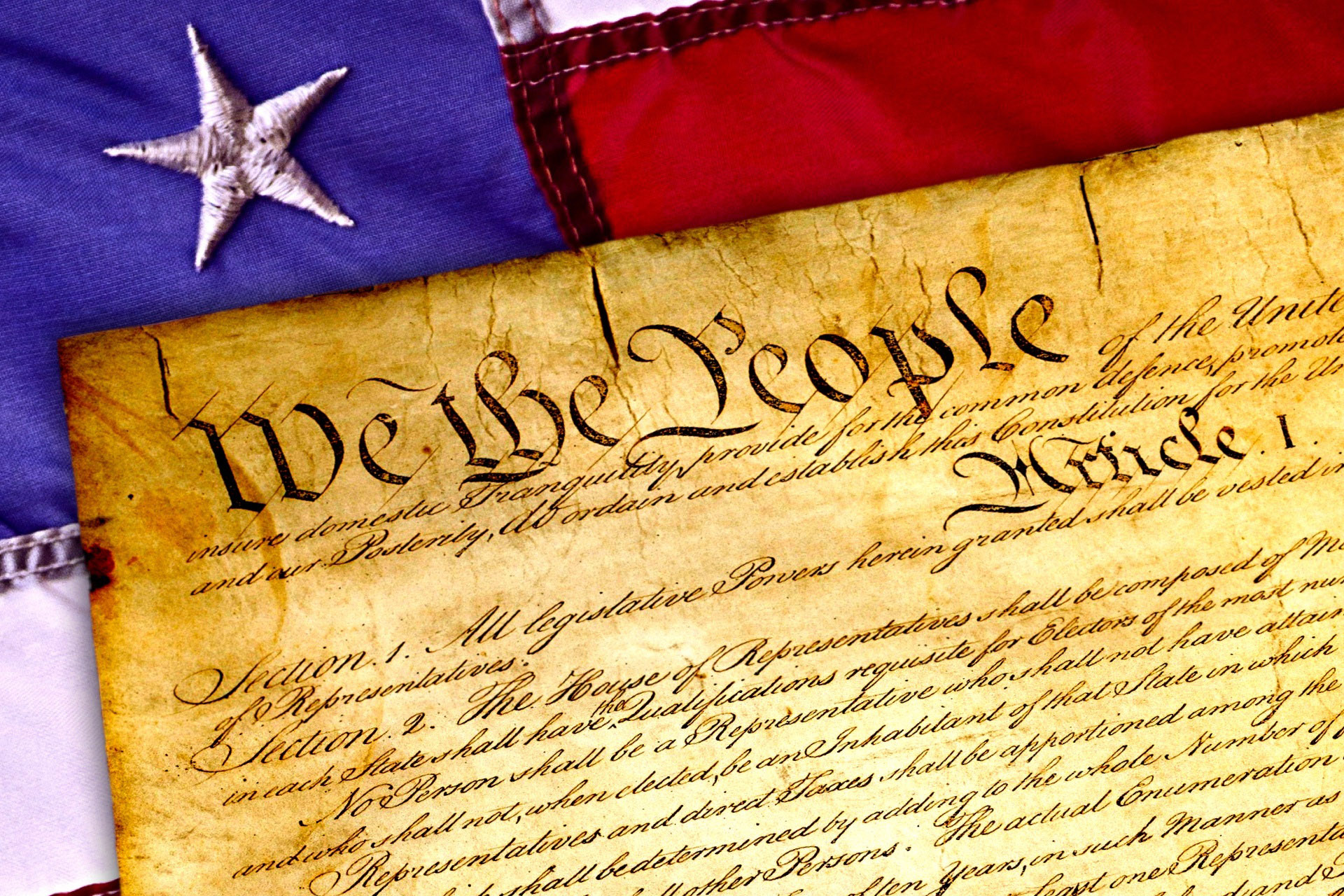Meat and Its True Cost
Photo credit: Karen Arnold, Creative Commons Zero.
Introduction
This page explores the how the true ecological and human costs of meat are hidden from the U.S. public.
Messages and Resources on Christian Restorative Justice, Environment, and Health
Out of Eden: A Christian Study and Action Guide to Food and the Environment
A practical Study and Action Guide for use by small groups discussion or personal reflection. The guide covers topics that are actionable on the personal and policy levels: sugar’s impact on our bodies and sugar corporations’ truth-telling and accountability, corn and corn subsidies creating over-supply, plastic and its biological impact on animals and humans, the true cost of meat in terms of soil depletion and air pollution, and food waste and the practices which can diminish it.
Other Resources on Meat and Its True Cost
KOL Foods (website) An example of a grass-fed, pasture-raised animal farm
Jeremy Bernfeld, 'In Meat We Trust' Argues We Got The Meat Industry We Asked For. NPR, Dec 9, 2013.
Abigail Geer, The True Cost of Meat: Demystifying Agricultural Subsidies. Care2, May 15, 2014.
Weizmann Institute of Science, Real Price of Steak: Comparing Environmental Costs of Livestock-Based Foods. Science Daily, Jul 21, 2014. referencing Gidon Eshela, Alon Sheponb, Tamar Makovc, and Ron Milob, Land, Irrigation Water, Greenhouse Gas, and Reactive Nitrogen Burdens of Meat, Eggs, and Dairy Production in the United States. Proceedings of the National Academy of the Sciences of the USA, Jun 23, 2014.
Matt McGrath, Beef Environment Cost 10 Times That of Other Livestock. BBC News, Jul 21, 2014.
Nathan Gray, The True Cost of Beef: Report Warns of High Environmental Cost of Beef Production. Food Navigator, Aug 1, 2014.
Ocean Robbins, The True Cost of Meat. The Food Revolution Network, Dec 1, 2014. excellent infographics
Twilight Greenaway, In Search of the True Cost of Industrial Meat. Civil Eats, Apr 12, 2016. very good commentary on nutrition science, public health, and public policy. Refers to Judith Schwartz, Soil as Carbon Storehouse: New Weapon in Climate Fight? Yale Environment 360, Mar 4, 2014. Schwartz argues that beef and lamb, under the right crop rotation and pasture-grazing animal practices, have a lower carbon footprint than other studies have account for.
George Steinmetz, Super Size: The Dizzying Grandeur of 21st Century Agriculture. New York Times, Oct 5, 2016.
Cowspiracy (website.
Adam Behsudi, Trump’s Trade Pullout Roils Rural America. Politico, Aug 7, 2017.
Sarah Zhang, The Truth About Dolly the Cloned Sheep. The Atlantic, Nov 23, 2017.
Raj Patel and Jason W Moore, How the Chicken Nugget Became the True Symbol of our Era. The Guardian, May 8, 2018. When you turn the natural world into a profit-making machine.
Dave Merrill and Lauren Leatherby, Here’s How America Uses Its Land. Bloomberg, Jul 31, 2018.
Isabella Tree, If You Want to Save the World, Veganism Isn’t the Answer. The Guardian, Aug 25, 2018. Partly because of emissions but more so chemical erosion of soil which some livestock prevents.
Leila Salazar-López, Bolsonaro Wants to Plunder the Amazon. Don’t Let Him. New York Times, Jan 29, 2019. Re: beef production
Brian Palmer, Week 120: Trump Can’t Even Run a Garbage Dump Properly. OnEarth, May 10, 2019. Largest sources of methane emissions: (1) oil and gas drilling; (2) livestock; (3) garbage landfills. Meanwhile, Trump proposes slashing the EPA budget, while the U.S. refuses to sign any agreement protecting Arctic areas from drilling.
Vox, How Four Companies Control the Beef Industry. Vox, Sep 29, 2021.
Manuela Andreoni, Can Forests Be More Profitable Than Beef? New York Times, May 2, 2024. “Cattle ranches have ruled the Amazon for decades. Now, new companies are selling something else: the ability of trees to lock away planet-warming carbon.”
More Perfect Union, How Tyson Captured All The Pork You Eat (And Made Billions). More Perfect Union, Jun 21, 2024. Iowa has lost 90% of its family farms in the past 40 years — 40,000 total farms, gone. But hog industry profits have tripled. All that profit just goes to 3 companies that now dominate every aspect of the pork industry. Tyson is a vertically integrated monopoly. They raised and mass produced hogs like chickens.
Elizabeth Kucinich, The Slaughterhouse Speed Trap and The Laws of The Jungle. The Kucinich Report, Apr 8, 2025. “A century after Upton Sinclair’s exposé "The Jungle" ripped open the carcass of America’s meatpacking industry and shocked the nation, the horrors of America’s slaughterhouse industry just got worse”
Slaughterhouses and meat packing plants are today some of the most dangerous workplaces in America. The relentless speed of production lines forces workers, many of whom are immigrants and marginalized individuals, to endure grueling, repetitive motions under harsh conditions.
The Occupational Safety and Health Administration (OSHA) has already documented that meatpacking workers suffer injuries at twice the rate of other industries. Increasing line speeds exacerbates these hazards. Faster-moving lines lead to more severe cuts, amputations, and repetitive motion disorders.
The United States Department of Agriculture (USDA), bowing to powerful agricultural interests, has once again prioritized corporate interests over the health and safety of slaughterhouse workers, and the well-being of animals, and the integrity of our food system.
In recent actions, the USDA Secretary has issued a directive instructing the Food Safety and Inspection Service (FSIS) to eliminate “outdated administrative requirements that have slowed production and added unnecessary costs for American producers.”
This directive builds from former (Trump) USDA Secretary Purdue’s Modernization of Swine Slaughter Inspection Rule (2019) which decreased and privatized food safety inspections and allowed for an unlimited increase in swine slaughter line speeds in pork slaughterhouses, endangering workers, consumers and animal welfare.
The directive was crafted at the behest of The National Pork Producers Council (NPPC) and The North American Meat Institute (Meat Institute), who advocate, primarily, for the interests of large meatpacking corporations, industrial-scale producers, and agribusiness stakeholders, such as Tyson Foods, JBS USA, Cargill, Hormel Foods and Chinese-owned Smithfield Foods.
The demand for higher output means workers get fewer breaks, endure more stress, and experience an increased risk of exhaustion-related accidents; many develop long-term disabilities as a result of the strain.
Upgrade to paid
The increases in production line speeds at meat processing plants, framed as a way to “improve efficiency, reduce costs, and boost competitiveness,” have instead reignited grave concerns about worker injuries, pathogen exposure, and the suffering of animals, revealing an industry that thrives on cruelty, both to humans and nonhumans alike.
Workers are often afraid to report injuries or unsafe conditions due to the threat of retaliation, deportation, or job loss. The USDA’s reckless deregulation is not being held in check by the Department of Labor. Workers have virtually no protection from physical, emotional and financial exploitation.
It has been established, based on first person accounts and undercover investigations, that inside these plants, the work is relentless and barbaric. Blood-slicked floors, deafening machinery, the overwhelming stench of decay, and outright fear are the daily reality. Workers, packed together, shoulder to shoulder, wield knives with mechanical precision, severing animal flesh from bone in an endless, unyielding rhythm.
The sheer speed of the operation leaves no room for mistakes, yet mistakes happen. They come with a price: Severed fingers, deep lacerations, and injuries that leave workers permanently disabled. Yet, firsthand accounts reveal supervisors urging them on, reminding them that slowing down could cost them their jobs. Blood and pain are ignored.
Food safety and public health experts have warned that faster line speeds increase the likelihood of contaminated meat entering the supply chain. When processing speeds increase, inspectors and workers have less time to properly examine carcasses for signs of disease, fecal contamination, and other hazards.
Faster slaughter rates mean greater potential for pathogens like Salmonella, E. coli, and Listeria to spread. A 2021 report from the Centers for Disease Control and Prevention (CDC) found that meatpacking plants were directly linked to early workplace COVID-19 hotspots, proving how industrial processing facilitates disease outbreaks.
Crowded and high-speed slaughterhouses increase the risk of avian flu and other animal-borne diseases making their way into the food supply, with implications for future pandemics.
The Federal Meat Inspection Act mandates thorough inspections, but the USDA’s acceleration of line speeds undermines inspectors’ ability to do their jobs. The public’s last line of defense against tainted meat is being gutted. This is further compounded by the delegation of inspection responsibilities to slaughterhouse workers, whose bosses of course want as many animals to be accepted into the process as possible, rather than have inspections by impartial third parties.
The Department of Health and Human Services (HHS), through agencies like the CDC and the Food and Drug Administration (FDA), has a clear responsibility to intervene and prevent this deregulation from endangering the public.
Animal welfare has long been an afterthought in the meat industry, but increased line speeds make already untenable conditions even worse for farm animals.
The Humane Methods of Slaughter Act (HSMA) requires animals to be handled humanely throughout their time at the slaughterhouse and to be rendered unconscious before being shackled, hoisted or killed. However, high-speed systems often result in animals being improperly stunned. This leads to horrific suffering as conscious animals convulse in pain while being dismembered.
The HMSA relates specifically to land animals such as pigs, cattle, sheep and horses but does not apply to any poultry such as chickens, turkeys or ducks. The Poultry Products Inspection Act (PPIA) provides some oversight of poultry slaughter regarding food safety, NOT animal welfare. The USDA has issued voluntary guidelines for poultry slaughter under the National Chicken Council’s Animal Welfare Guidelines, but these are not enforceable laws, and compliance is not mandatory unless companies adopt them.
Workers, pressured to keep up with the breakneck pace, sometimes take desperate measures—beating, kicking, or dragging animals that collapse under the chaos of it all.
The USDA’s decision to prioritize industry profits over humane treatment further exposes the fundamental inhumanity at the heart of the factory farming model.
The suffering begins in the animal factory farm.
In the hidden recesses of animal factories/factory farms, all animals endure a nightmarish existence before they ever reach the slaughterhouse.
Each year, over 128 million pigs are slaughtered to meet consumer demand. The average American consumes approximately 51 lbs. of pork per year and an average of 53 lbs. of beef, per American, per year. The beef derives from over 30 million cows.
Chicken is the most popular American food. The average American consumes 69 lbs. of chicken, per year, totaling an extraordinary 9.5 billion chickens annually, an amount that exceeds by more than one billion the total number of people in the world (8.1 billion).
Breeding pigs are confined in gestation crates barely larger than their bodies. They are unable to turn around or stretch. The floors beneath them are slatted. Their urine and feces fall below them, creating an unrelenting, and dangerous stench of ammonia. There is no straw, no bedding, only cold metal and concrete.
Many pigs are fed the beta-antagonist drug, Ractopamine, a drug that forces their muscles to bulk up unnaturally, to accelerate weight gain, and to increase the profit per pig. Ractopamine is banned in over 160 countries, but still widely used in the U.S. The drug causes severe stress reactions in pigs, as their bodies grow faster than their joints can handle.
Agitated and stressed, the pigs bite the bars of their crates, foam at the mouth, and scream. They tremble uncontrollably. They suffer from hoof damage. Crippled, exhausted, and barely able to stand, pigs collapse.
Once an animal is “downed” they are not meant to enter the food supply, but of course they do.
When slaughter time comes, pigs are forcibly herded onto tightly packed transport trucks. The journey is often long, brutal, and unrelenting. In the searing heat of summer, pigs die of heatstroke. In the winter, their skin freezes to the metal of the trucks.
In transport, pigs receive no food or water, some arrive at the slaughterhouse already dead. Those surviving the journey are unloaded, their bodies failing from stress, drugs, and confinement.
Downed animals, unable to walk, are often left to languish in piles, moaning in pain. Others are prodded with electric rods, their flesh burning with each shock, forcing them to stagger toward the kill box.
As long as they can somehow drag themselves to the line, their meat remains eligible for the food supply chain. The push for so-called efficiency means less time, less oversight, and more suffering.
Once inside the slaughterhouse, the horror continues. Workers, overwhelmed by the speed of the line, frequently miss stunning shots. Improperly stunned, some pigs regain consciousness while being shackled, hoisted upside down by one leg, cut open and bled out.
In the most dreadful cases, pigs are still alive when they reach the scalding tanks, meant to remove their hair in preparation for processing. They writhe in agony as they die from scalding or asphyxiation.
The industry calls these animals “awake cutters” and considers them an unavoidable consequence of efficiency-driven slaughter. A pig thrashing in terror, trying to scream as it is eviscerated, is a direct result of prioritizing profit over basic decency, not only for the animal, but for the workers too.
USDA’s deregulation of line speeds only amplifies these tragedies, ensuring that more animals will suffer prolonged agony before death.
Violence in meatpacking facilities is systemic by design, extending far beyond the animals. These plants have ranked among the most hazardous workplaces in the U.S., for decades, where the relentless pace of production forces workers into grueling, repetitive labor under savage conditions, where their bodies break down under relentless pressure, without time to recover.
Exploitation of Vulnerable Workers: A substantial portion of the meatpacking labor force comprises immigrants, refugees, and undocumented individuals. These workers are in precarious positions, fearing retaliation, deportation, or job loss if they report injuries or unsafe conditions. Exploitation is compounded by language barriers and limited access to legal resources, leaving such workers vulnerable to systemic abuses.
Lack of Basic Dignity: The intense pace of work and demanding expectations within meatpacking plants have led to egregious violations of basic human dignity. Reports have surfaced of workers being denied bathroom breaks, forcing some to wear diapers. Others have collapse from heat exhaustion, their well-being sacrificed in the unrelenting pursuit of speed. This constitutes dehumanization. It reflects a broader disregard for the welfare of those who serve the meatpacking industry.
Fear of Seeking Medical Help: The presence of Immigration and Customs Enforcement (ICE) agents near medical facilities has instilled a pervasive fear among undocumented workers. Injured employees will avoid seeking medical attention, apprehensive that doing so might lead to detention or deportation.
The climate of fear exacerbates their suffering, as untreated injuries can lead to chronic pain, disability, or even life-threatening complications. The intersection of immigration enforcement and worker exploitation creates a vicious cycle that perpetuates harm and injustice within the meatpacking industry.
Comprehensive reforms are required that prioritize the health, safety, and dignity of workers, ensuring that the drive for productivity does not come at the expense of workers humanity or their lives.
President Joe Biden’s Executive Order 14096 on Environmental Justice, in 2023, required agencies to consider how deregulation disproportionately harms low-income and minority communities, often located near meatpacking plants and additionally exposed to pollution and public health risks.
In allowing faster speeds, USDA is reversing EO 14096, reducing the ability of inspectors to properly assess meat quality and safety, in direct violation of the Federal Meat Inspection Act.
Excessive deregulation is a ticking health time bomb. Food safety and public health experts are sounding the alarm about the dangers of faster line speeds in meat processing plants. The faster the processing speeds, the harder it becomes to prevent dangerous contamination from reaching grocery stores and restaurant kitchens.
Rapid slaughterhouse operations increase the likelihood of zoonotic diseases—those that jump from animals to humans—entering the slaughterhouse workforce and the food supply.
As meatpacking plants prioritize efficiency over safety, experts warn that the consequences could be catastrophic. Without intervention, the combination of speed, weakened oversight, and increased pathogen exposure threatens to create a full-blown public health crisis, one that could be prevented.
The study, "Slaughterhouse Workers, Animals, and the Environment: The Need for a Rights-Centered Regulatory Framework in the United States That Recognizes Interconnected Interests" is an important proposal for reform. It demands that the current U.S. regulatory system protect slaughterhouse workers, animals, and the environment, by focusing on exploitation of workers, animal suffering, and environmental harm. This requires a fundamental understanding of the connection between worker rights, animal welfare and environmental protection.
The USDA’s move to increase line speeds is not just unethical—it is legally indefensible. The agency’s actions violate multiple federal laws and regulatory safeguards.
A concerned public must call upon:
1. The Department of Labor to enforce OSHA regulations that protect workers from unsafe conditions caused by increased line speeds.
2. The Department of Health and Human Services (HHS) to conduct a thorough investigation into the public health implications of increased line speeds, focusing on the danger of rises in foodborne illnesses and the spread of zoonotic diseases. HHS needs to lead collaboration with relevant agencies to establish guidelines that mitigate health risks associated with meat processing, ensuring consumer safety.
3. Congress to pass laws like the Industrial Agriculture Accountability Act that set line speeds limits, mandates comprehensive safety protocols, and ensures accountability for violations. Congress must hold hearings on the safety and ethical failures of the USDA’s policy, to ensure necessary protections.
4. The Equal Employment Opportunity Commission (EEOC) to ensure that workers, particularly those from marginalized communities, are not disproportionately affected by policies that increase line speeds. Workers’ rights must be upheld in the workplace.
5. The Environmental Protection Agency (EPA) to assess the environmental consequences of increased production speeds, such as waste management challenges, and implement regulations to mitigate negative effects.
6. The Department of Agriculture (USDA) to impose a moratorium on increased line speeds. An independent risk assessment of the deregulation of line speeds must be undertaken. There must be no compromise of worker safety, food safety, or animal welfare. The Humane Methods of Slaughter Act must be enforced.
It is essential that we focus on the "culture" in agriculture. Safeguarding worker wellbeing, ethical practices and compassion for animals in the factory farm-to-table process is mandatory, if we are to attain credible food safety standards and protect the land, the air and the water from poisonous levels of pollution.
Christian Restorative Justice, Environment, and Health: Topics:
This page is part of our section on the Environment and Health, which explores the following topics:
Christian Restorative Justice Critique of the Right: Domestic Policy Topics:
This page is part of our section Critique of the Right, which engages the following topics:


